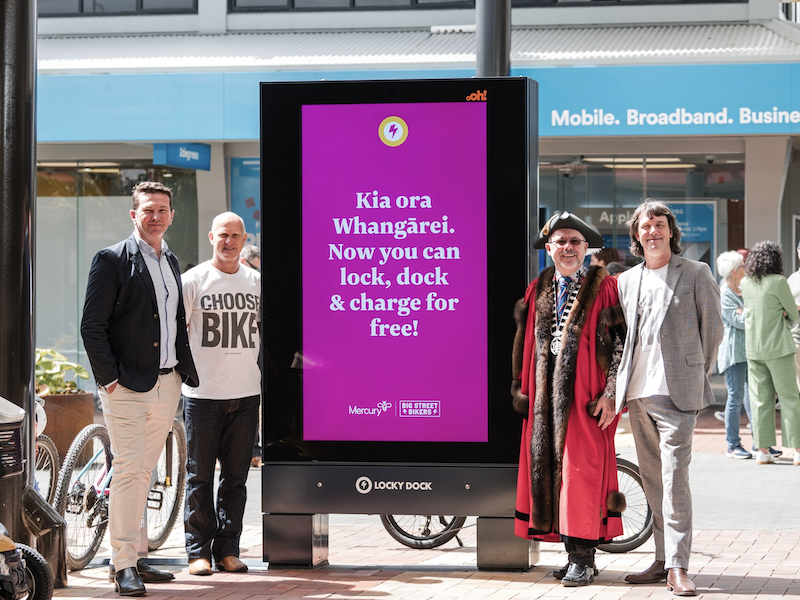“When we leap into the unknown, we prove that we’re free.” So goes a line of dialogue in Francis Ford Coppola’s new film “Megalopolis,” which premiered at the Cannes Film Festival last month. After the tumultuous debut, Coppola told the press it’s a line that resonates with him personally. “That’s me making this film,” the filmmaker, who self-financed the movie, explained. “To all of the studio big shots, I proved that I’m free, and they’re not. Because they don’t dare leap into the unknown. And I do. That’s the only way to prove that you’re free.”
It’s a glorious proclamation, a mic drop, to an industry that he helped build and that subsequently abandoned him. He hedged his victory lap, however, with a caveat: “I don’t recommend it.” But as Hollywood becomes more risk-averse and abandons creativity in hopes of scoring what it believes will be guaranteed hits, more filmmakers just might have to.
Megalopolis has been a decades-long passion project for Coppola, who first conceived of the film back in the 1980s. It’s an audacious mash-up of science fiction fantasy and Roman empire-inspired speculative fiction, combining wide-eyed optimism and unapologetic sexual hedonism. He’s been attempting to raise funds and mount the production since at least 1997. He ultimately had to forgo the common luxury of financing by a major studio or even outside investors, spending $120 million of his own money (a war chest provided primarily by his wildly successful winery).




















Discussion about this post